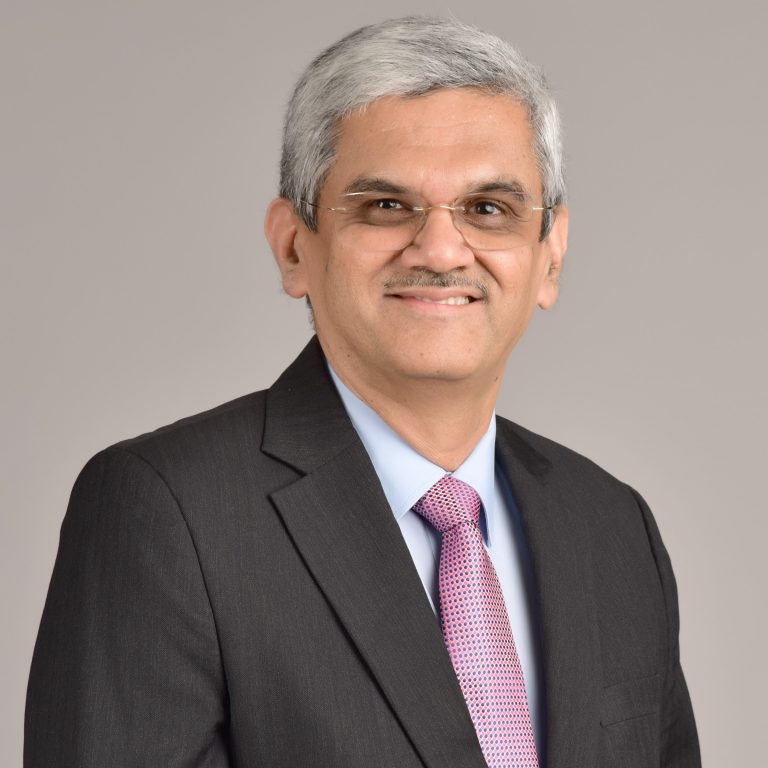February 25, 2020
Times of Transitions create Transformations

Lovaii Navlakhi
Founder & CEO, International Money Matters Pvt. Ltd

I recently came across a quote which caught my attention: ‘If you think sunshine brings you happiness, then you haven’t danced in the rain’. And I thought, one can grow and learn only if one is open to try new things. This translates to experimenting, and changing with time. It means to learn, unlearn and re-learn.
While the general human tendency is to expedite change rather than experiencing it, my training for a Certified Financial Transitionist (CeFT) has thought me that one should not miss the opportunities that come with taking the time to experience change. Another belief which is commonly observed is that transitions are stressful and draining, well yes, transitions can be stressful but your mindset about stress will define whether it’s draining or not. Although stress has a negative connotation attached to it, there is enough research done in this area to prove that stress can also be positive. Stress can be good for you provided you take it as a challenge with a growth mindset as opposed to a fixed mindset.
Transitions could be as small as moving to a different city, switching your job, having your child move to a different city or as big as going through retirement. Each one has an emotion attached to it – the traits one displays to such changes could be a struggle, or in flow. However, it is very important to focus on the present and look out for opportunities.
Tough transitions which involve a divorce or loss of a loved one, breaks an individual — they are no longer what they used to be and are likely to portray struggle traits like loss of identity, fog, physical and mental fatigue to name a few. Identifying these traits and learning to overcome them becomes essential. This is a crucial time, as this time of change helps create a new you. A new you could continue to be in the broken state as nothing can replace the loss of a loved one, but that would do no good to you and the people around you. Alternatively, you could choose to move forward with an open mind, and with resilience, turn endings into new beginnings.
CeFT scientifically designed tools have been tested over the past two decades and are of great utility when you have to help open new doors for clients. The focus is on keeping the client safe in the first place before jumping to take care of their money. When Jane lost her husband suddenly, she underwent a severe emotional stress. At the same time, she had to manage her finances to be able to continue the lifestyle her children were habituated to. Not sure of how to allocate her funds and prioritize her requirements while dealing with this transition, Jane reached out to me for help. In our first meeting we discussed the stages of transition and identified the various emotions she was going through. It took a while for her to open up, but finally when she did, I started noting down the transition traits I could already see in her — she was feeling numb with complete loss of identity. She wanted her children to feel secure but was not sure how that could happen. With our money conversations, she showed inconsistent behaviour – she wanted to leave the city and go to her home town and in the next minute wanted to live in the city to make sure her children could get the best education opportunity; in one moment she wanted to sell the existing independent house and move to a smaller apartment and in the next moment wanted to cherish the memories of her husband until her last breath in the existing house.
Have you come across a similar situation and wondered why the rational and compliant client of many years is being irrational?
As a CeFT, it is important to listen to the client but at the same time to keep away from emotional fatigue. A couple of tools from my training helped me understand how Jane’s preferences were so different from her husband’s. The moment I changed my style and mode of communication with her, she started responding positively. This helped me drive emotional conversations into meaningful actions. Some other simple tools helped her prioritize her goals and only address the urgent and important ones, while postponing all other decisions to the future, thus un-cluttering her mind. She is now in the third stage of Transition called ‘Passage’ and is resilient, looking forward to new opportunities.
Change is indeed the only thing constant. Transitions begin with an ending and end with a new beginning. During the stage of Passage, you may find you have opportunities to make important new choices and reinvent yourself. It’s up to us to make sure we look at the bright side of change.
“It is difficult to say what is impossible, for the dream of yesterday is the hope of today and the reality of tomorrow. “- Robert H. Goddard

Leave a Reply